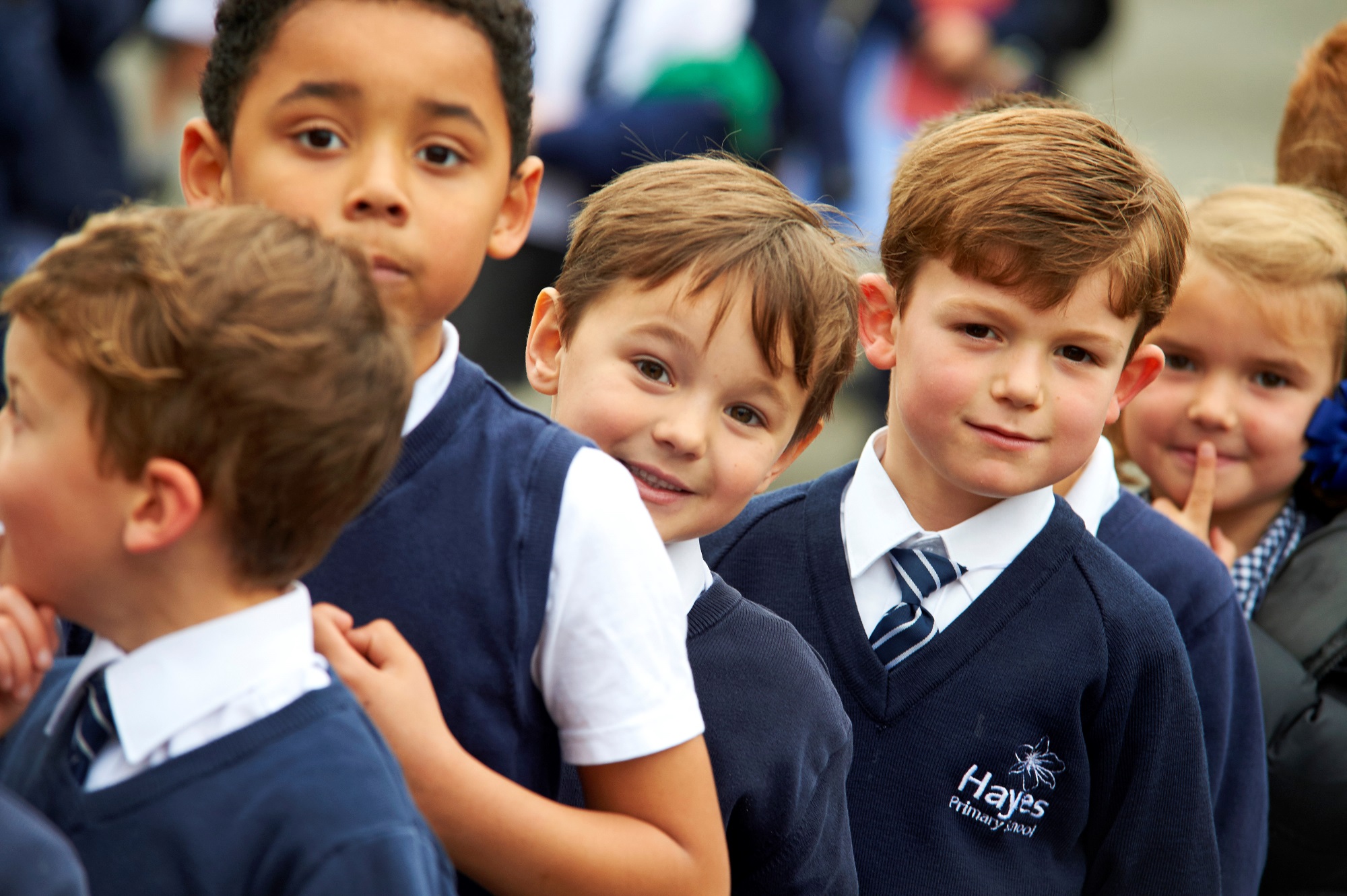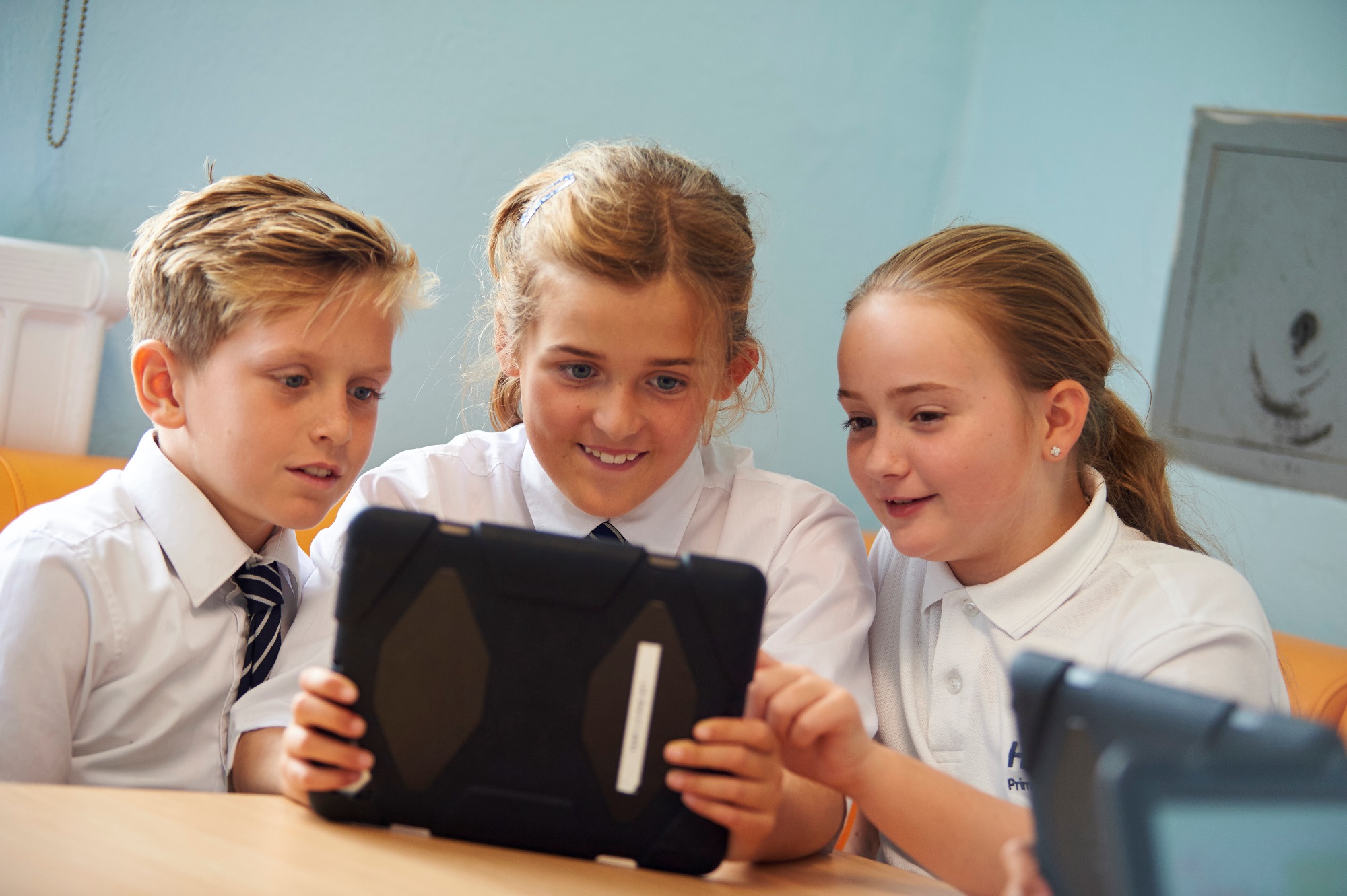Anti-Bullying

How do we define bullying?
At Hayes Primary School, we believe that children and young people have the right to be safe. We value and work towards the emotional health and well-being of all our children and young people. We aim to create an environment of respect where anti-social and bullying behaviours are not accepted or tolerated.
As a school we define bullying as ‘wilful behaviour which repeatedly and purposely aims to hurt, intimidate, frighten, harm or exclude another individual or group.’
How can you report bullying?
If you are concerned about bullying, please report it to the school in the following ways:
- Children should speak to an adult in school.
- Parents should call or email the school office.
How will we deal with bullying?
Staff will:
Investigate
Investigate bullying incidents thoroughly and talk to those involved, e.g. witnesses
Record
Record the incident on our school systems
Respond
Respond to the child concerned by:
- Listening actively
- Offering support and strategies to deal with unacceptable behaviour
- Protecting the child and ensure their safety as and when necessary
- Involving parents
- Involving external agencies to support the child as appropriate
Respond to the child who bullied by;
- Ensuring he/she recognises his/her behaviour and how it affects others
- Applying appropriate sanctions
- Guiding, supporting, advising and offering strategies to change behaviour
- Encouraging him/her to take responsibility for actions and help them to make amends
- Involving parents
Prevent
Prevent further situations by providing opportunities for children to explore the issues. This will take the form of a circle time or discussion with all children involved. Children should have an opportunity to discuss their feelings and how the actions and behaviours made them feel. The children should also help to construct a solution to the issue.
Review
Review the situation with the all involved. Review policies and procedures - consider changes that can be made to environment, groupings, rules and codes of conduct etc.
Monitor the situation
Provide opportunities for children to say how safe they feel and if the policy is working. This should take place on a regular basis.






